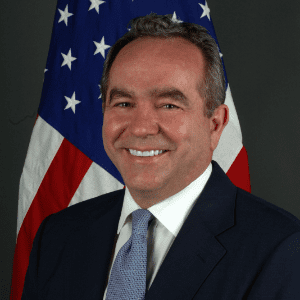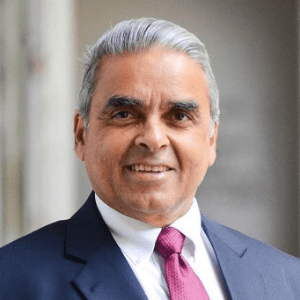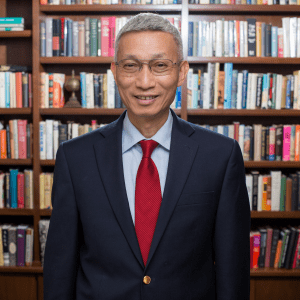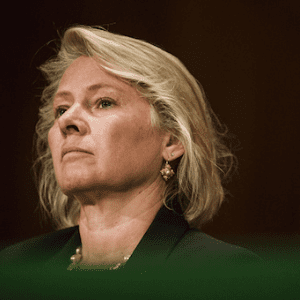Sign up for weekly new releases, exclusive access to live debates, and Open to Debate’s educational newsletters.
- Debates
Features
Topics
Upcoming debates
-
-
-
Live NYC Debate
Are men okay? New data is coming out showing that a gender gap is growing, and young men and boys are falling behind in several key areas, including education, employment, and mental health. Some are inspired by influencers like Jordan Peterson and Andrew Tate. What does it mean to “be a man” today, and how do social constructs and labels like toxic masculinity impact the question?
For some men, labeling masculinity as a “prison” is shortsighted and ignores the evolving nature of the role that transcends convenient, one-size-fits-all labels. Others see men defined by a rigid set of expectations that stifles emotional expression and, in some cases, perpetuates insecurity that can lead to emotional isolation and other negative outcomes.
Is Masculinity A Prison? Join us for a live, no-holds-barred debate about one of the most charged and complex questions in our culture today. With humor and an open mind, we’ll unpack what masculinity means today—and who it’s helping or hurting.
This debate will be recorded on September 10, 2025 at 6:00 PM at the Comedy Cellar's Village Underground in New York City.
Friday, September 19, 2025
-
- Insights
- About
-

SUPPORT OPEN-MINDED DEBATE
Help us bring debate to communities and classrooms across the nation.
Donate
- Header Bottom






















JOIN THE CONVERSATION